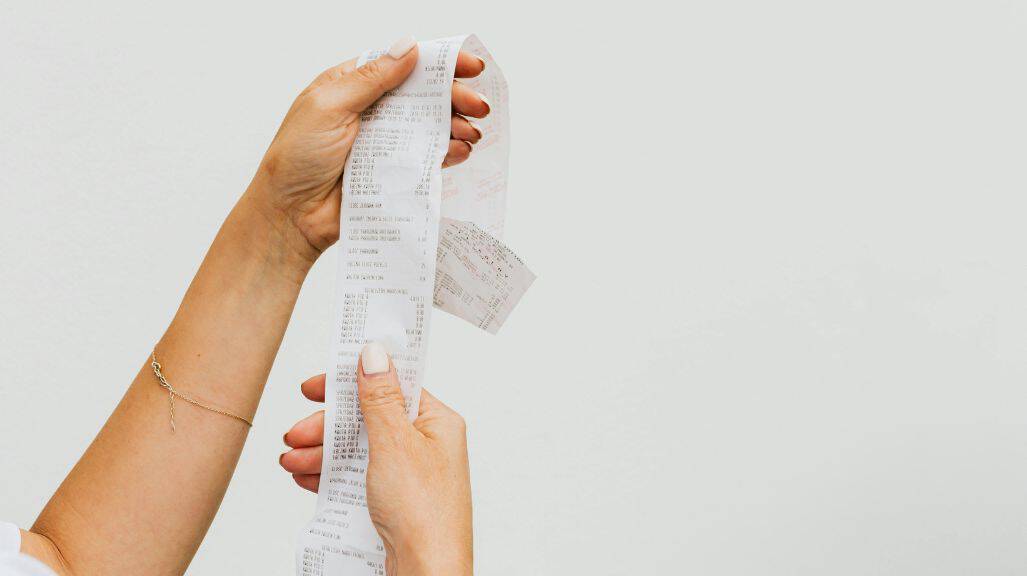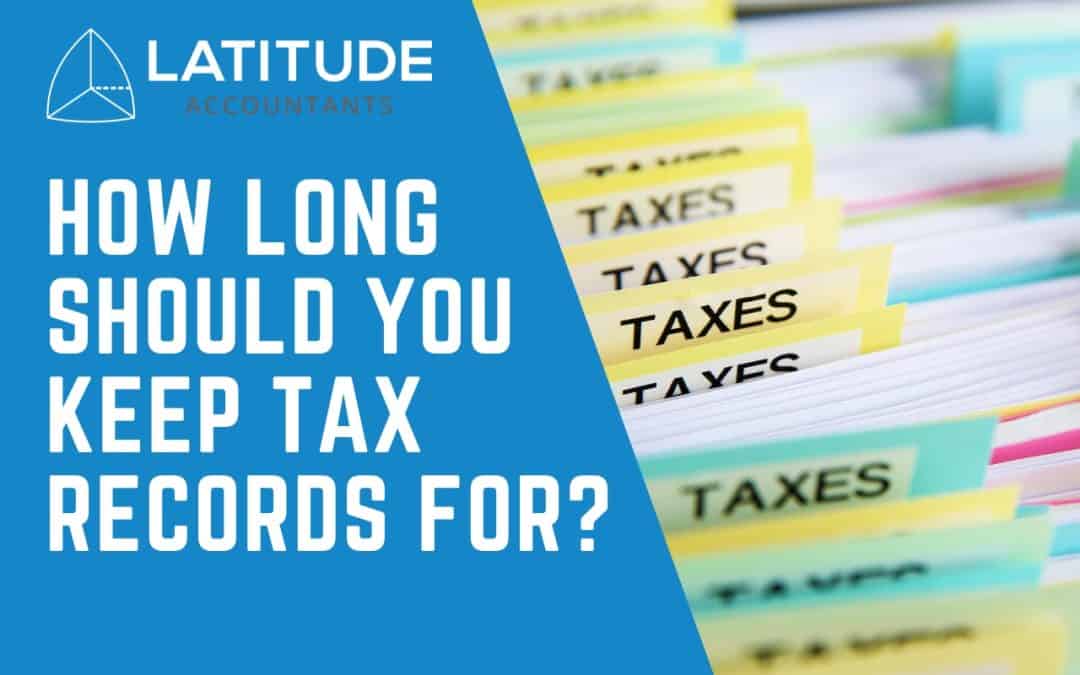Which best describes your accounting needs?

Making a donation feels good and in many cases, it can also reduce your tax bill. But not every donation is tax deductible, and there are strict rules about what qualifies and how to claim it.
In this guide, we explain how charity deductions work in Australia, the difference between deductible and non-deductible gifts, and how to make sure your good deed doesn’t go to waste when tax time comes around.
Can I claim a tax deduction for donating to charity?
Yes, but only if:
- The organisation is a Deductible Gift Recipient (DGR)
- Your donation is $2 or more
- You did not receive a material benefit in return
If all three of these conditions are met, you may be able to claim your donation as a tax deduction on your individual tax return.

What is a Deductible Gift Recipient (DGR)?
A DGR is a charity or organisation approved by the Australian Taxation Office (ATO) to receive tax-deductible donations. You can check if a charity is a DGR using the ABN Lookup or the ACNC Charity Register.
If the charity is not listed as a DGR, you can still donate — but you won’t be able to claim a deduction.
What types of donations are deductible?
To be tax-deductible, your donation must be:
- Voluntary
- $2 or more
- Given to a DGR-endorsed charity
You can claim deductions for:
- One-off cash donations
- Regular giving programs (e.g. monthly direct debits)
- Payroll giving (pre-tax donations through your employer)
- Certain gifts of property or shares (with special conditions)

What donations are NOT tax deductible?
You can’t claim a tax deduction for:
- Raffle tickets or fundraising event entry fees
- Buying merchandise (e.g., t-shirts, chocolates, badges)
- Donations made to crowdfunding campaigns or individuals
- Gifts made to overseas charities (unless they’re DGR-endorsed in Australia)
If you received anything of value in return, it usually won’t be tax-deductible.
How much can I claim on tax?
There is no limit on the total amount of donations you can claim. However:
- You must have a record or receipt for each donation
- The deduction will only reduce your taxable income, not give you a refund directly
- You must claim in the same financial year in which the donation was made
If you donate property or shares, special valuation rules apply, and you may need to spread the deduction over five years.
What is payroll giving?
Payroll giving is when your employer deducts donations before tax from your salary and sends them to a DGR charity. This means:
- You receive the tax benefit immediately (in each pay)
- You don’t need to claim the donation on your tax return
- Your payslips or employer statement are sufficient records
Ask your payroll department if they offer a payroll giving program.

How do I manage record keeping for long projects?
If you engage in multi‑year projects such as construction or large renovations you may need to keep records until five years after the project’s final tax event. For example if you claim deductions for a project completed in June 2024 but you only finalise tax outcomes in October 2025, retain all project invoices and plans until October 2030.
What are the consequences of poor record keeping?
Failing to keep adequate records can lead to:
• ATO audits with penalties for inability to substantiate claims
• Shortfall assessments where the ATO disallows unverified deductions, increasing your tax bill
• Interest and penalties under the Taxation Administration Act for late or incorrect lodgements
• Difficulty claiming entitlements such as GST credits or CGT concessions
Organised record keeping minimises these risks and ensures smooth lodgements.
Practical tips to stay organised
- Use cloud accounting software to centralise invoices and bank feeds
- Scan receipts promptly using a consistent naming system by date and category
- Back up electronic records on a secure server or encrypted drive
- Set reminders to purge expired records after five or seven years as required
- Create a record keeping policy outlining responsibilities and retention schedules
These steps streamline compliance and give you confidence during tax time.
FAQs for Google Snippets
Q: How long should I keep tax records in Australia?
A: Generally keep records for five years from the date you lodge your tax return under federal law.
Q: Do companies need to keep records longer than five years?
A: Yes companies must keep financial records for seven years under the Corporations Act from the end of the year they were made.
Q: Can I store my tax records electronically?
A: Yes, provided they are secure, legible and accessible on demand in Australia.
Q: Are there different rules for capital gains records?
A: Keep CGT records for five years after the CGT event date, which may extend beyond five years from lodgement.
Work with the experts
Knowing how long to keep tax records and staying organised protects you from ATO disputes and penalties. Clear systems and timely purges ensure you meet both federal and state requirements.
Have questions about record‑keeping requirements?
Contact Latitude Accountants for personalised guidance on maintaining compliant tax records.
Contact Latitude Accountants today for smart, practical advice tailored to your situation.
📞 Contact Latitude Accountants
📧 info@latitudeaccountants.com.au
🌐 www.latitudeaccountants.com.au
Disclaimer
This information is general in nature and does not constitute financial or tax advice. Legislation and policies may change and individual circumstances vary. Always consult a registered tax agent or the ATO for advice specific to your situation.
Follow us on social
Need an accountant?

